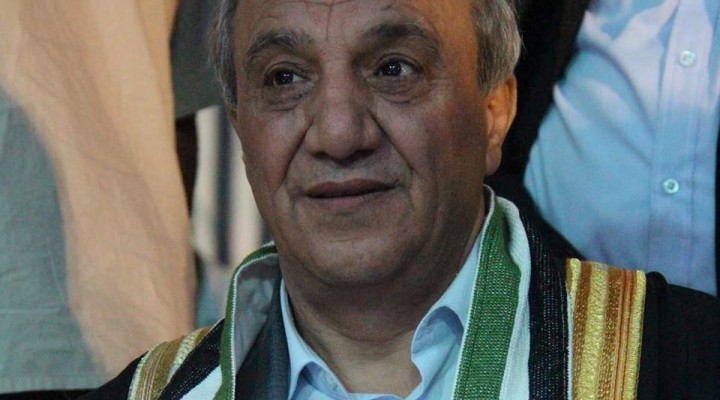Governing post-war Gaza

US and Israeli plans to impose puppet rule are doomed to fail
In the past few days there has been a renewed deluge of media reports about plans being concocted for the so-called post-war Gaza Strip.
Several ideas have been floated about how the area could be governed after Hamas and all other Palestinian resistance has been eradicated, including patching up and reviving the Ramallah-based Palestinian Authority (PA).
First came the idea of creating an administration composed of clan chiefs and local dignitaries, while side-lining the Rafah crossing and cutting Gaza off from Egypt by building a temporary pier that could bring in aid supplies shipped by sea from Cyprus.
That trial balloon was summarily shot down on both the official and popular levels.
Then came the idea of appointing PA intelligence chief Majed Faraj to replace Hamas and Yahya Sinwar and his colleagues, to manage a new Gaza Strip stripped of any arms or national dignity, in a replay of the PA’s role in the West Bank.
Israel’s minister of war Yoav Gallant was super-keen on Faraj taking on this task, as head of a new administration that would include nobody with any connection to Hamas. So was opposition leader Yair Lapid, who praised Faraj’s tried-and-tested record of cooperating with Israeli security forces.
A three-headed US plan to reform the PA is rapidly taking shape: with Hussein al-Sheikh as the political head, Majed Faraj as the security and military head, and Muhammad Mustafa — after Abbas sacked Muhammad Shtayyeh as prime minister to make way for the ‘new saviours’ — as the administrative head.
These three heads have three things in common: They are US-approved; they totally reject the principle of armed resistance and are particularly hostile to Hamas; and they adhere to the Oslo accords and political, military, and security cooperation with the occupying power and most of the Arab governments — from the Gulf to Jordan, Egypt and Morocco — that have normalised relations with it in the name of moderation, regional stability, and countering terrorism and extremism.
Several points can be noted in assessing this US/Israeli scheme’s prospects of success or failure.
First, it is based on a rash and mistaken assumption about the defeat of the Axis of Resistance and its components, especially in the West Bank and Gaza Strip. The Hamas-led ‘government’ of the Gaza Strip remains strong and empowered. Five months into Israel’s genocidal war and despite numerous reports of its demise, it retains the upper hand both above and under the ground and continues to distribute aid and regulate prices in the markets.
Second, this new set-up will provide a big gift to the resistance and the Palestinian people who support it — especially in the West Bank which is seething these days — by hastening the collapse of the old Fateh movement and its replacement by a new grassroots-based Fateh that wants to revert to its revolutionary roots and be rid of the disastrous legacy and mistakes of the Oslo Accords.
Third, it will be extremely difficult to sell this set-up and its three heads to the Palestinian people — whether in the West Bank Gaza, Strip, or diaspora — even if it gains the consent of some local headmen, clan chieftains, members of the business class, and collaborators.
Fourth, the astonishing al-Aqsa Flood raid, with its singular success in defeating the occupation on the military, intelligence, political, and media fronts, swept away everything that preceded it, including the PA and its corrupt security and political apparatus. It has set the stage for radical change not just in occupied Palestine but throughout its Arab hinterland.
Fifth, the leadership of the resistance in the West Bank and Gaza, represented by Yahya Sinwar and his colleagues, has gained massive support among Palestinians and the Arab and Islamic peoples. It cannot simply be swept aside and replaced by a leadership backed by the US and Israel and some governments that directly or indirectly colluded in the war of extermination waged on Gaza.
In light of previous experience, and developments inside and beyond occupied Palestine over the past five months, it can be safely said that all these schemes are doomed to failure. Any attempt to implement them will backfire in favour of the new culture of resistance — unimpeded by the influence of Arab governments beholden to US dictates and Israeli intimidation — that has taken hold.
The Palestinian people who spawned that resistance will not accept this American-imposed triad. Majed Faraj will never become governor of Gaza. The Palestinians will be governed by those they choose, who defend their rights and dignity, not by appointees of their occupiers and enemies.
https://www.raialyoum.com/governing-post-war-gaza/
 TheAltWorld
TheAltWorld 
0 thoughts on “Governing post-war Gaza”